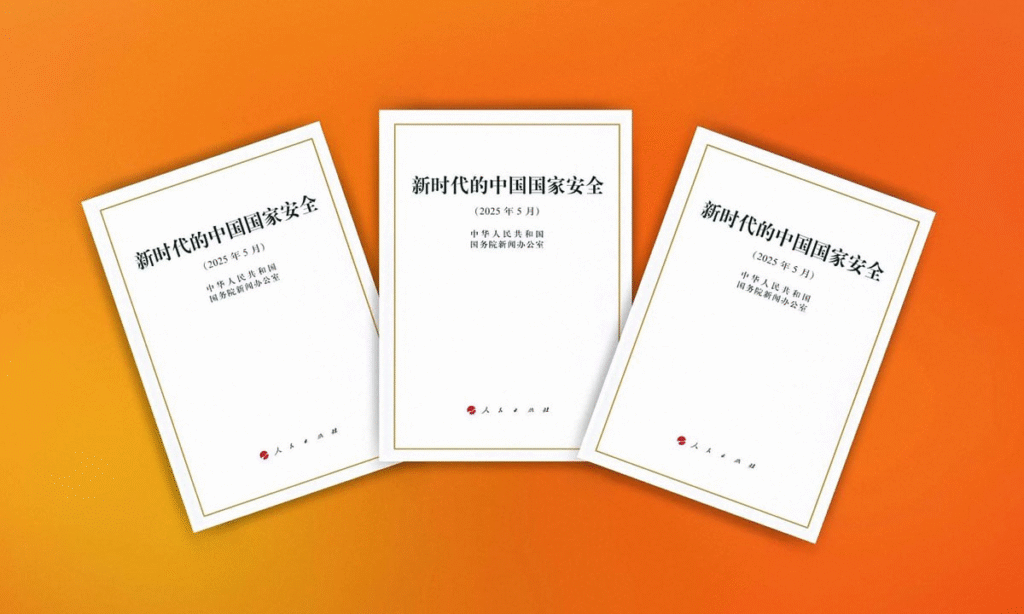China Positions Itself as a Global Stabilizer

On May 12 of this year, China released its first-ever white paper on national security. This event is particularly significant because it marks the first time China has issued a white paper dedicated specifically to national security. The comprehensive nature of the strategy indicates that China sees itself not just as a challenger to the existing order, but as a superpower in its own right.
Previously, China’s white papers since 1995 were focused mainly on defense issues. This new document presents a comprehensive and integrated framework of national security, combining political, economic, technological, and societal dimensions.
White papers are typically used to present and promote China’s global initiatives, such as the Global Security Initiative (GSI), advocating for collective security, multilateralism, and a more equitable international security governance system — a counterweight to the liberal order. From this paper, two core arguments emerge that China uses to justify and demonstrate its role as a guarantor of regional and global order.

Introducing “Reliability and Stability” Into a Troubled World
“中国统筹中华民族伟大复兴战略全局与世界百年未有之大变局……与亚太国家共同维护地区和平和发展,为动荡不安的世界注入可靠的稳定性.”
— White Paper, Chapter 1
The white paper declares that “China injects reliable stability into a world shaken by upheaval”, directly linking Beijing’s strategic rise to the preservation of regional calm. By promoting the “Chinese path to modernization” as a source of order, the document suggests that China’s domestic development and export of infrastructure via the Belt and Road Initiative (BRI) serve as tools to strengthen regional peace.
References to platforms such as the Shanghai Cooperation Organization (SCO) and China–ASEAN dialogues emphasize that China carries out its mission to “inject stability” through multilateral frameworks and joint exercises.
In practice, recipients of Chinese investment in Central and Southeast Asia become stakeholders in Beijing’s agenda, which deepens bilateral ties and promotes joint security measures — from SCO crisis response drills to coordinated cross-border epidemic responses.
Promoting Multilateral Security Through The Global Secuirty Initiative
“中国提出全球安全倡议……为消弭国际冲突根源、应对全球安全挑战、完善全球安全治理提供了新方案。截至2024年底,得到119个国家和国际组织的支持赞赏.”
— White Paper, Chapter 5
In Chapter 5, the Global Security Initiative (GSI) is presented as China’s flagship contribution to global peace. Based on the principles of joint participation, comprehensiveness, cooperation, and sustainability, the GSI is portrayed not as a confrontational bloc but as an inclusive alternative to narrow alliances. Citing the support of 119 countries and organizations signals broad international endorsement of China’s vision of the global system.
By linking the promotion of the GSI to domestic legal reforms — including laws on cybersecurity, anti-sanctions, and export control — Beijing aims to demonstrate its commitment to consistency and rule-based global governance.
For neighboring countries, participation in the GSI provides an opportunity to deepen security cooperation without being forced into a binary choice between great powers, further integrating them into China’s security initiatives.
In sum, China is now focused on advancing the Global Security Initiative, institutionalizing crisis management and public health exercises within the SCO, and strengthening cybersecurity and export control as elements of a new international legal security architecture. This reflects Beijing’s self-perception as a global power, not merely a rival to the United States.